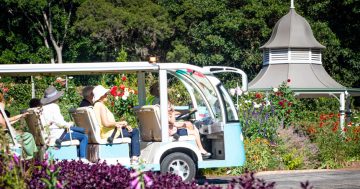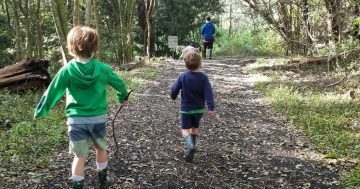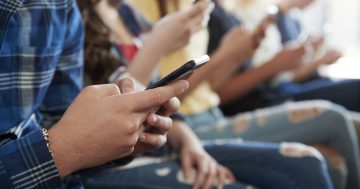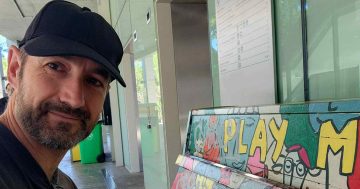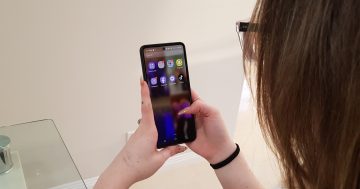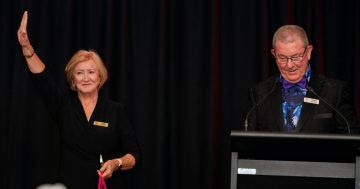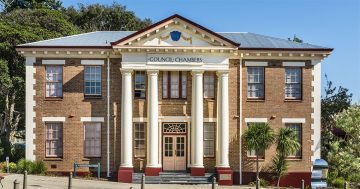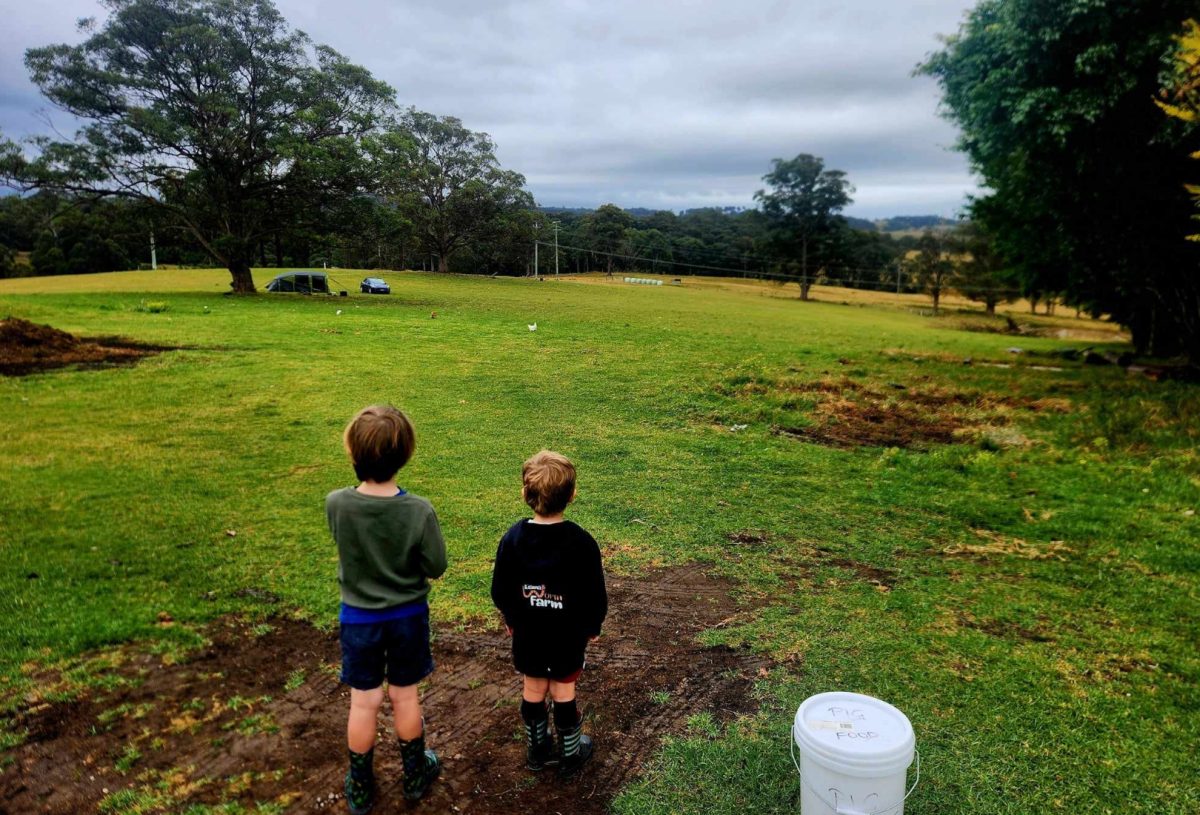
Ian Harvey-George and Jane Bourne’s two children enjoying free play while camping. Photos: Supplied.
Kiama couple Ian Harvey-George and Jane Bourne have sparked a movement to help families reclaim the simpler joys of childhood by “disconnecting to reconnect”, bringing some parents to tears.
Their first event Kiama Unplugged aims to educate parents on the mental health risks tied to social media use and provide tools to help their tweens and teens break free from screen addiction.
With phones to be left at home, the 19 September event will be held at Fillmores in Kiama, with venue owner Morgan Lewis being a strong supporter of the initiative after seeing it work in Europe.
Jane said she had been thinking about the idea for a while and knew it would mean getting the community to reconnect by putting down their phones and talking.
“Our children are still very young – they’re only four and six – but just seeing what social media is doing to our young people and adults, I started to really fear it for our children when they got older,” she said.
Initially believing she had plenty of time, Ian’s penchant for research made her realise now was the time to start encouraging the movement and help other children.
She said the first Kiama Unplugged was an adults-only event to introduce themselves as a new community organisation, before launching into other events.
“That first event is to get adults together without phones, trying to connect with their community,” she said.
“There’s going to be games, a chat table, either a LEGO or adult colouring or knitting, all different things just to get people connecting again.”
Ian said participants would also be given one or two tools to manage social media at home for themselves, but also to share with their children to open up communication lines.
“Half the problem with the younger generation is they just see the back of an adult’s phone and they feel like they can’t connect, so they almost give up,” he said.
Jane said after the first event, they would run workshops and information sessions for adults, tweens and teens about what happens to the brain with social media use and encourage them to play outside in nature.
“We want to start to encourage the community to make a pledge that we will not give our high school Year 7 students a smartphone,” she said.
“We will wait ideally till 14, if not 16, and social media, hold it off till 16.
“There’s so much research about why that is the right thing to do by our children and by our young people.”
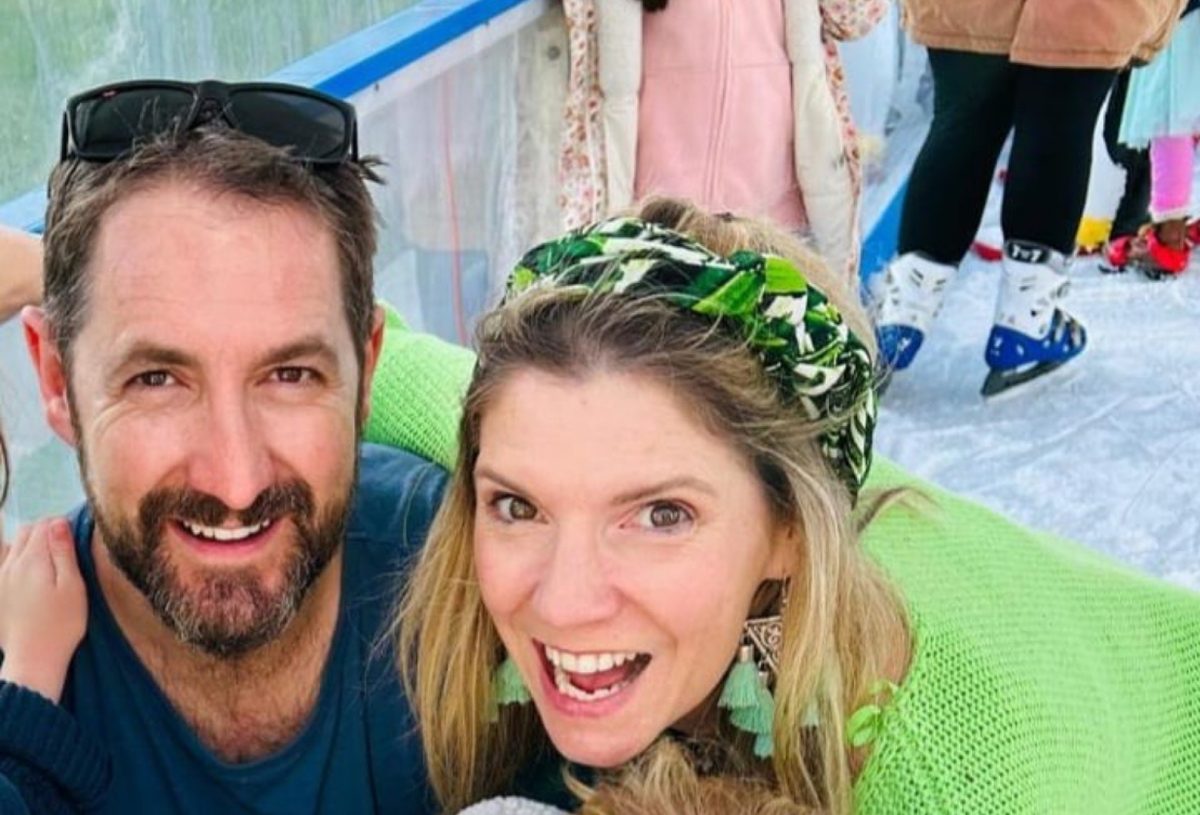
Ian Harvey-George and Jane Bourne are hosting Kiama Unplugged.
Ian said the pair had attended talks by author and parenting specialist Maggie Dent who stressed that it took a collective community voice to make people aware of the dangers of social media.
“You just need that conduit, that facilitation to get it going in the community,” he said.
“You speak to parents with young kids, and they express their concern of the future, but then I speak to people who have older kids and they’re already sad they’ve lost their children to social media.
“You can almost see them welling up in their eyes with emotion, realising there might be a way to get the childhood back, or the child that they love so much.
“We’ve had some very moving responses.”
Jane said they weren’t saying technology or social media were bad or blaming parents but were simply trying to make things better for the community.
“It’s the fact that it’s been put on parents,” she said.
“We wouldn’t let our children go into a pub and drink alcohol and play pokies, but social media they’re allowed to do.
“Whereas if it was a rule, if the government would make it illegal, then it would be so much easier for parents.”
Ian said children were more vulnerable between 12 and 16 due to their prefrontal cortex still developing the “adult control side of their brain”, but the dopamine pathways for gambling and addiction were already in their brain at that point.
“By the time you get to 16, it’s in their head, ingrained as a really firm pathway that is so hard to then get out,” he said.
“It’s not banning them like banning smoking, it’s empowering them to realise the reasons why and help them make the decision themselves.”
Jane said while they would run the early workshops, eventually they would bring in experts like doctors, psychologists and the University of Wollongong’s addiction clinic.
“We’re not selling ourselves as experts, we’re not psychologists or psychiatrists, we’re just concerned parents who think we can hopefully start a change,” she said.
“It’s going to take several years; we realise we can’t just change it overnight.”
Ian said another part of the movement was to get kids back to free play, admitting he was taking his own kids camping on the weekend.
“I’m all for free play, and that’s part of the pledge as well that you should encourage your kids to be out in a free play environment,” he said.
“It’s about the phone education, the phone banning and giving children the childhood we took away from them by developing social media in the first place.”
The pair admit to using social media to promote their events, highlighting examples of where it can be beneficial.
“We’re very happy for people who want to get on board and help us, because it is going to take a village,” he said.
Kiama Unplugged will be held at Fillmores in Kiama on 19 September.








